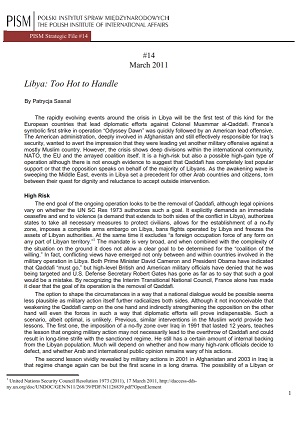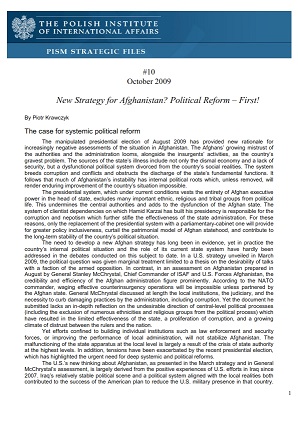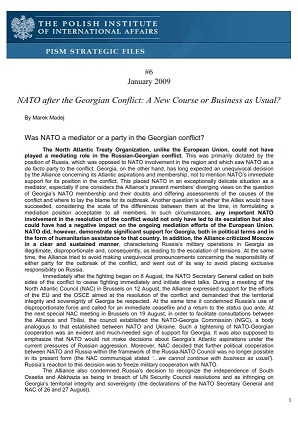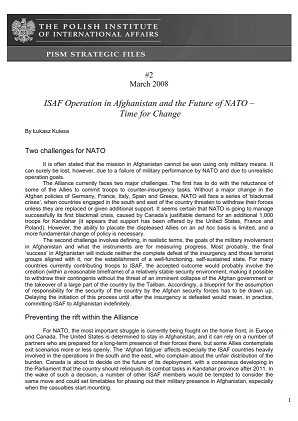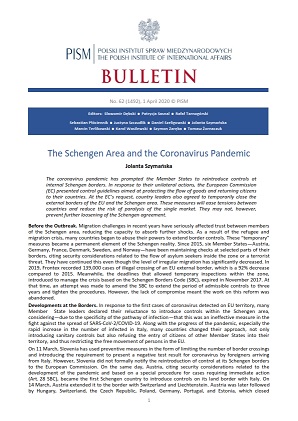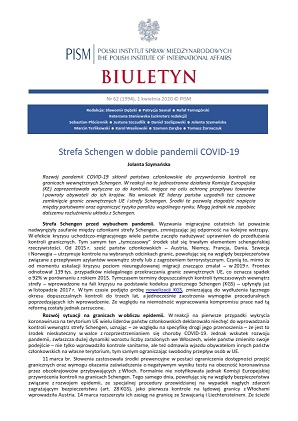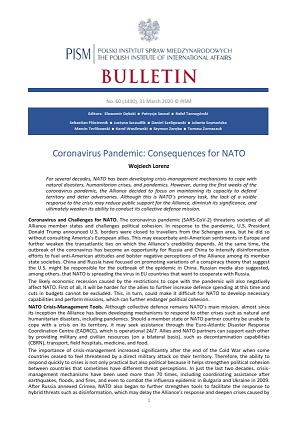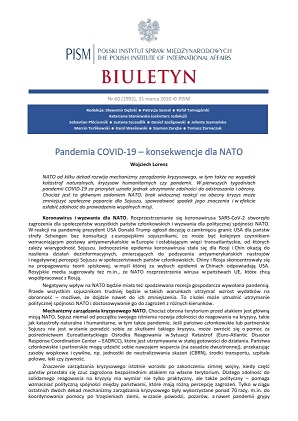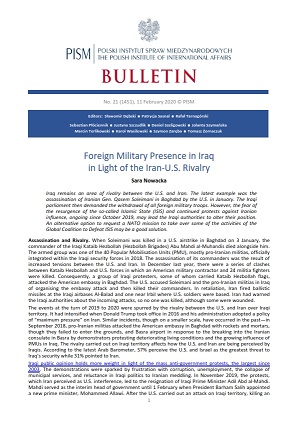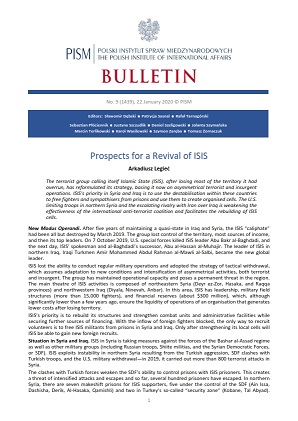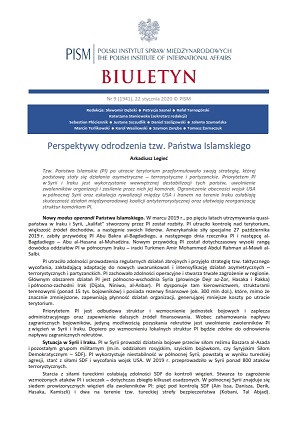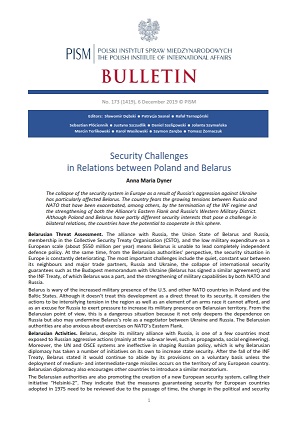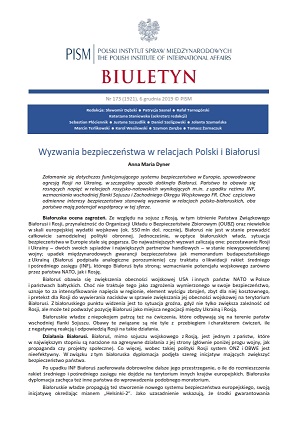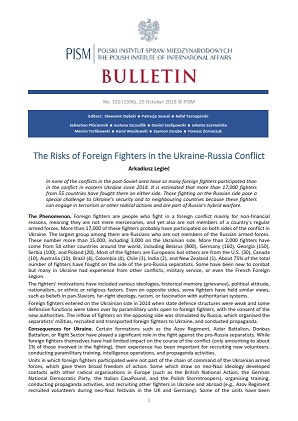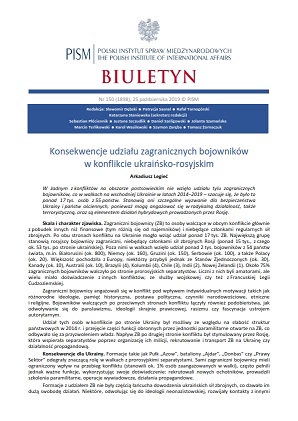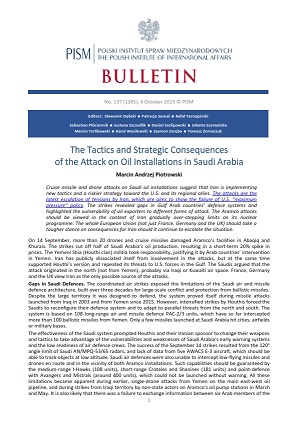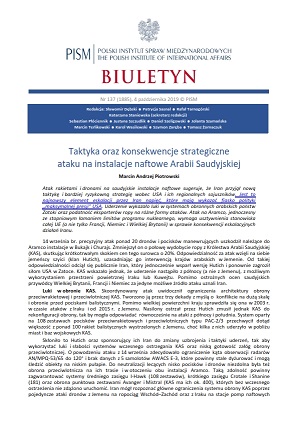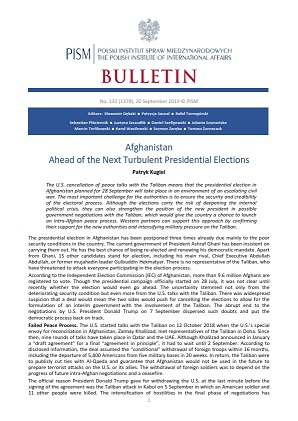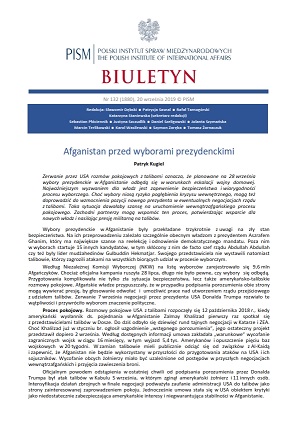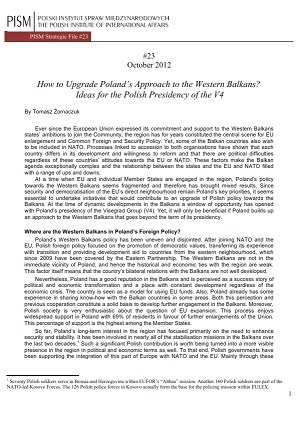
№23: How to Upgrade Poland’s Approach to the Western Balkans? Ideas for the Polish Presidency of the V4
Ever since the European Union expressed its commitment and support to the Western Balkans states’ ambitions to join the Community, the region has for years constituted the central scene for EU enlargement and Common Foreign and Security Policy. Yet, some of the Balkan countries also wish to be included in NATO. Processes linked to accession to both organisations have shown that each country differs in its development and willingness to reform and that there are political difficulties regardless of these countries’ attitudes towards the EU or NATO. These factors make the Balkan agenda exceptionally complex and the relationship between the states and the EU and NATO filled with a range of ups and downs.
More...
